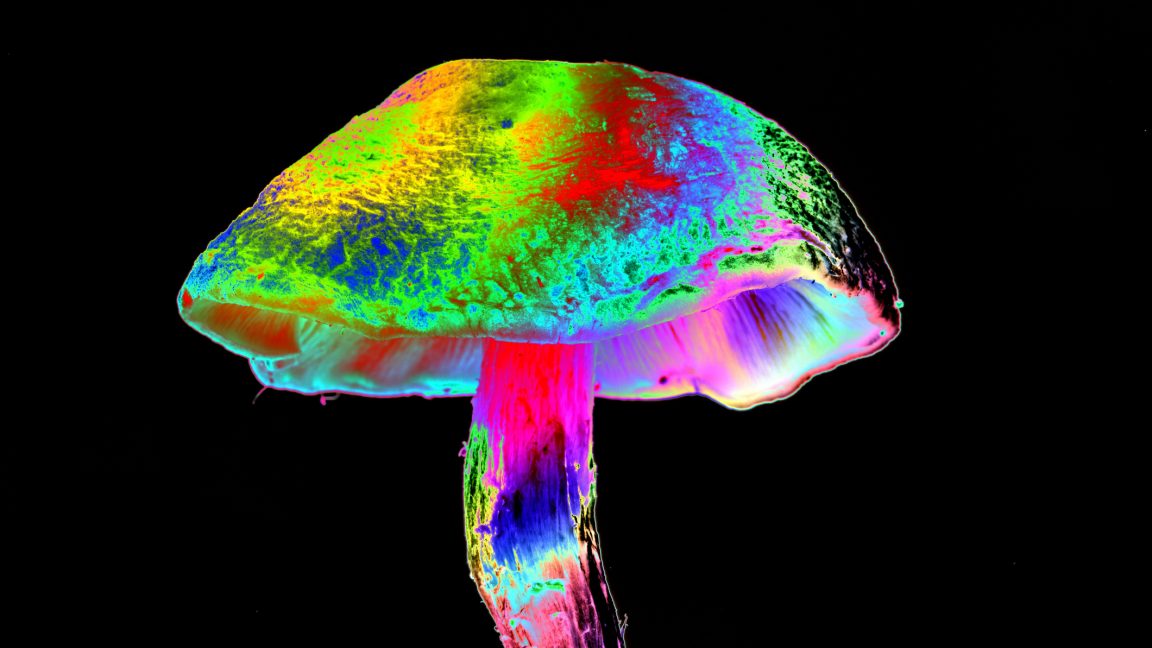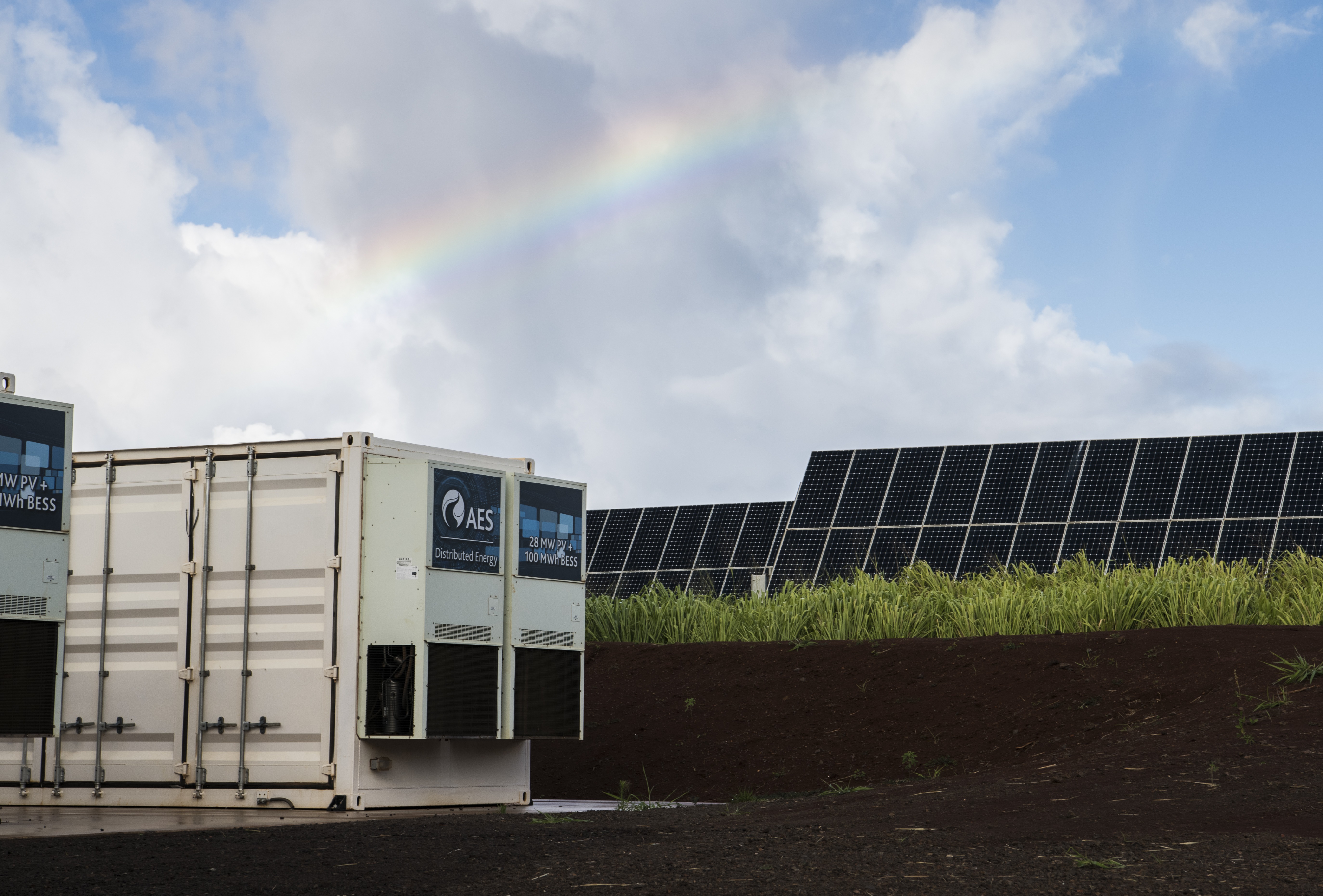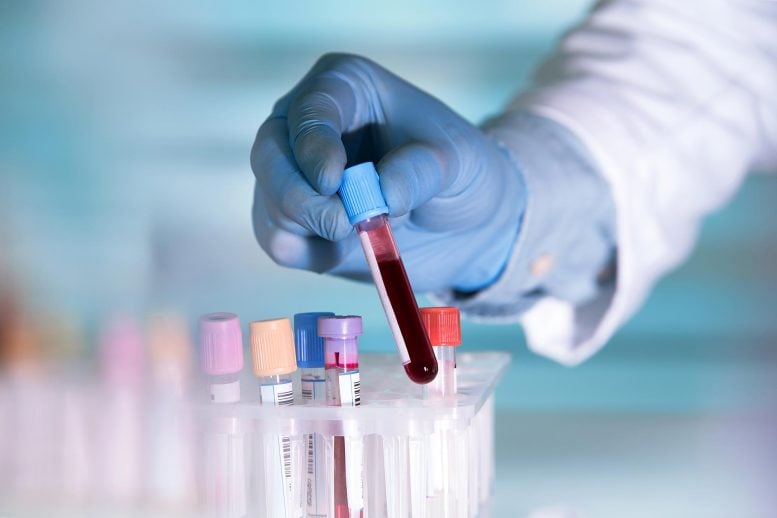The evolution of magic mushrooms to independently develop the ability to synthesize psilocybin is a significant finding that reshapes our understanding of these fungi's ecological roles and their therapeutic potential. Historically utilized in various cultural contexts, the psychoactive properties of psilocybin have been largely overlooked due to regulatory restrictions that arose in the late 20th century. The classification of psilocybin as a Schedule 1 drug in the US and a Class A drug in the UK effectively halted research into its medical applications for decades, despite its long-standing presence in human culture and its potential benefits.
Recent clinical trials have reignited interest in psilocybin, demonstrating its efficacy in alleviating symptoms of depression, anxiety, and suicidal ideation. This resurgence in research underscores the necessity of understanding the biosynthesis of psilocybin in nature, which could lead to sustainable production methods. As the medical community explores psilocybin's therapeutic applications, the implications for mental health care are profound, suggesting a paradigm shift in treatment approaches for various psychological disorders.









